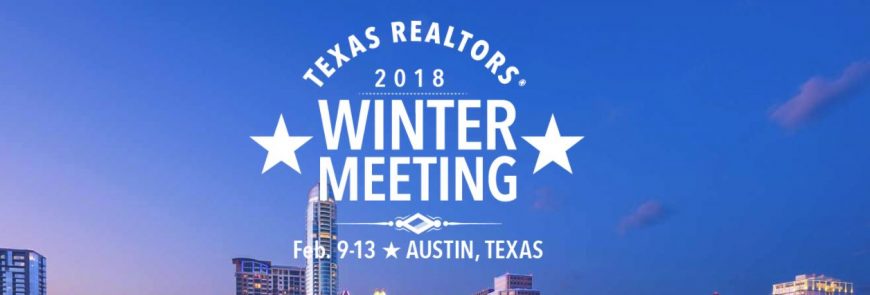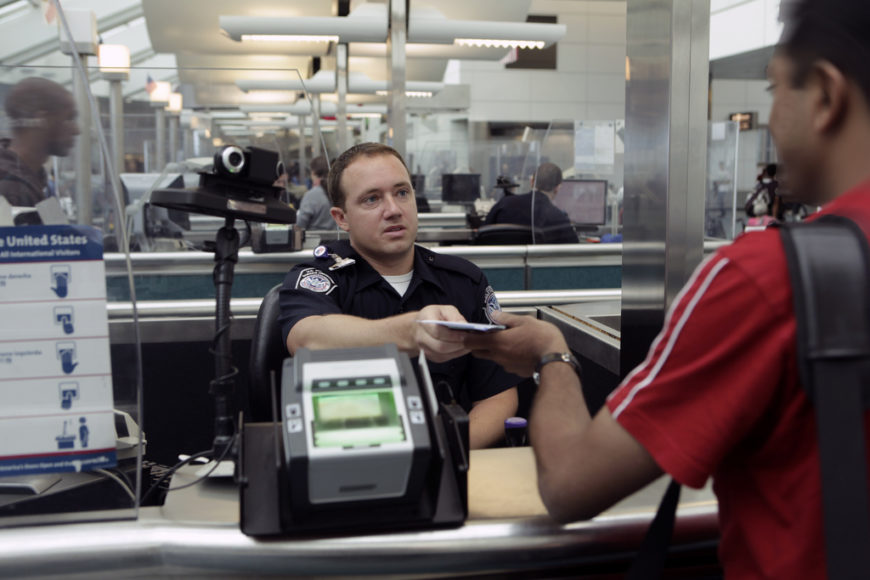ALERT: It’s H-1B Season
The filing window for Cap-Subject H-1B petitions for Fiscal Year 2020 will open on April 1, 2019. Petitions filed later than the first week of the filing period are unlikely to be considered, so employers with a need for H-1B workers should contact their attorney as soon as possible to begin preparing these petitions and composing a Plan B for employees not selected in the expected lottery. Additional preparation time will also be necessary in light of the current difficult adjudication environment, particularly for Level 1 wage and analyst-type positions. Early assessment of options and strategy will continue to be essential.
Over the last six years, the 85,000 petition Cap (65,000 for regular petitions and 20,000 for U.S. Master’s degree petitions) has been reached within the first week of the filing period. For FY 2019, approximately 190,098 H-1B petitions were filed during the first week. USCIS used a computer-generated random process to select the 85,000 petitions eligible for adjudication, leaving an approximately 45% chance of selection. Petitions not selected in the Cap lottery were returned with filing fees, and unsuccessful applicants must wait until the next April to apply again or find an alternative route to employment authorization.
It is possible that Fiscal Year 2020 filings will benefit from a new pre-registration system proposed by USCIS in November 2018. The proposed rule would require H-1B petitioning employers to first electronically register with USCIS. The Cap lottery would be conducted for those electronic registrations without actual H-1B petitions filed. Those selected in the lottery would be notified, and petitions would then be prepared and accepted. This system would be a boon to employers, as Cap decisions would be made much more quickly and petitions would only need to be prepared for applicants actually selected in the Cap (under the current system, petitions are prepared for all applicants and the Cap decision is issued several months afterward). Regulations implementing the proposed rule have not been finalized, so employers should continue to work with counsel to prepare Cap-subject H-1B petitions as usual. That advance preparation will allow for quick and decisive action if the proposed rule is implemented in time for the Fiscal Year 2020 season.
The 2020 Fiscal Year runs from October 1, 2019 to September 30, 2020. Employers will be able to submit new H-1B petitions to USCIS beginning April 1, 2019 (six months before the start of the 2019 Fiscal Year). Approved beneficiaries can begin their H-1B employment on October 1, 2019. If, as we expect, the Cap is reached during the first week of the filing period, any petitions received after the first week of the filing period will not be considered, and any petitions not selected in the lottery will be returned.
Early discussions with your immigration attorney can identify alternatives to the H-1B route, potential roadblocks in the preparation of an H-1B petition, and contingency plans in the event of an unsuccessful lottery.
Assessing Your Cap-Subject H-1B Needs
H-1B visas are available for specialty occupations requiring a bachelor’s degree or its equivalent. For current or transferring employees, employers should consider the following to determine potential FY 2020 H-1B applicants:
- Identify F-1 or J-1 employees (working under their Optional Practical Training Employment Authorization Document) who will need to change status to an H-1B;
- Determine whether any TN employees (NAFTA professionals) or H-1B1 employees (citizens of Chile or Singapore) might want to an H-1B to be eligible to apply for adjustment of status to permanent residence;
- Review those employees with expiring O visas (renewable in only one year increments rather than the three year increments available to H-1B visa holders);
- Check whether your transferring employees who currently hold H-1B status have already been counted against the Cap (note that any employee transferring over from an employer exempt from the H-1B Cap may now be subject to the Cap);
- Consider whether you employ someone in L-1B status who might need to switch to an H-1B to gain an additional year of status.
Cap-Exempt Circumstances
Employers or beneficiaries in the following categories may be exempt from the 85,000 numerical limit:
- Higher education institutions and related non-profits;
- Non-profit or government research organizations;
- Beneficiaries who have held H-1B status in the last six years, but have not exhausted their entire six-year period of stay.
Please contact us if you’d like to discuss your H-1B hiring needs. The earlier we hear from you, the more time we have to evaluate, plan, and develop strategies for success.












